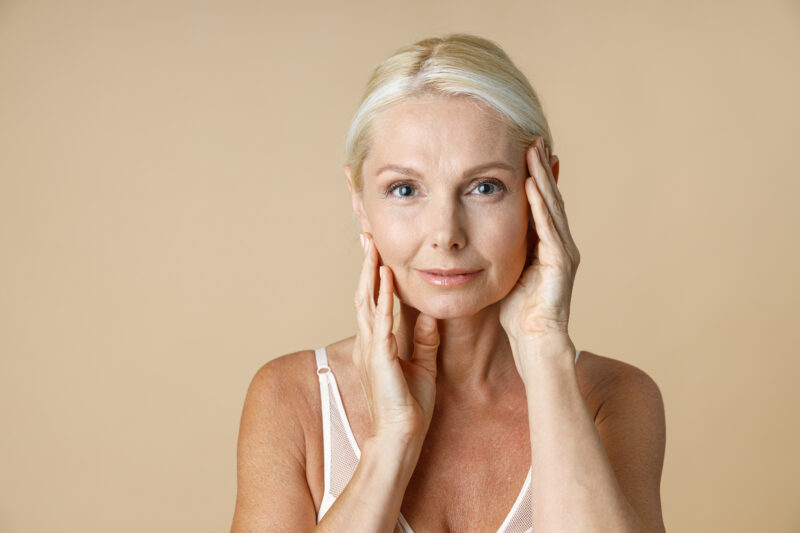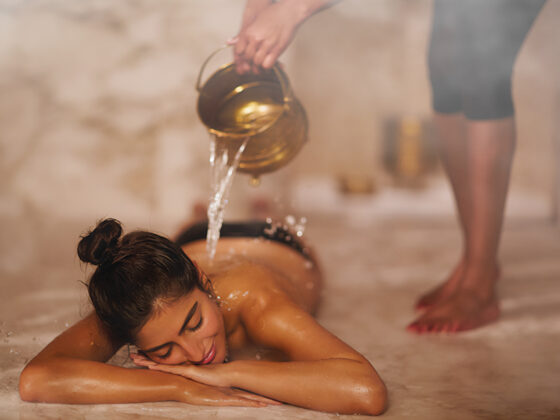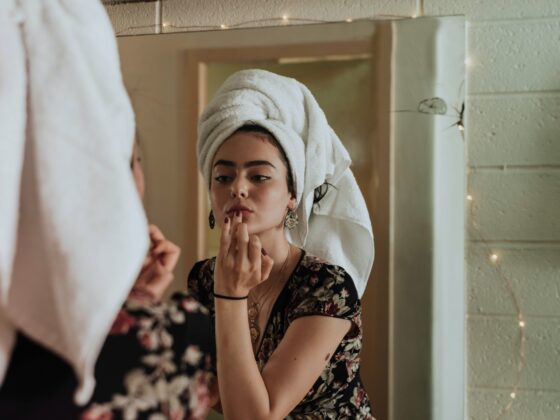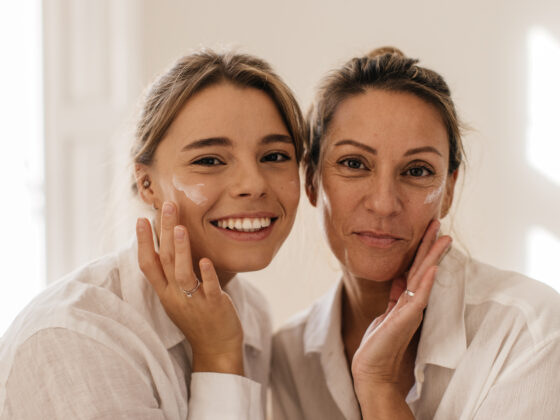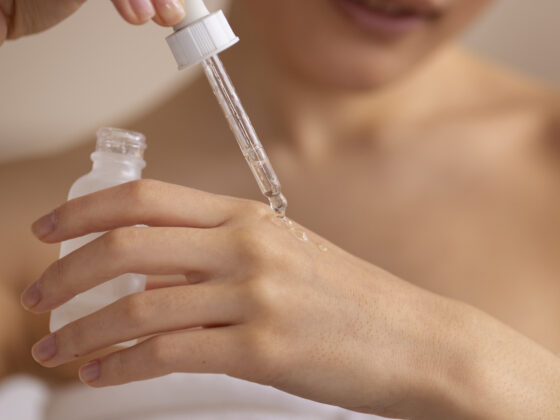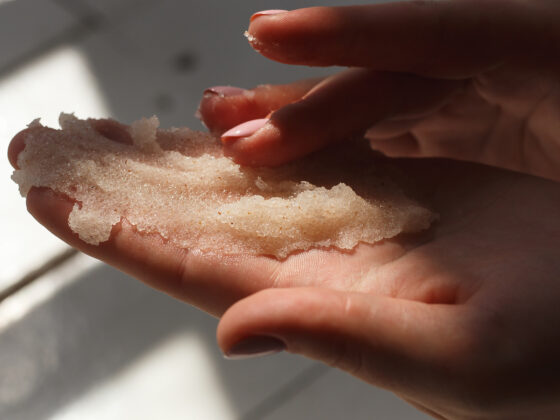Aging is a natural part of life, but that doesn’t mean we can’t strive to look our best as the years roll by. Thanks to the advancement in skincare and medical technology, there are myriad ways to combat the signs of aging and keep your skin looking as youthful as you feel. From well-established favorites to the latest cutting-edge procedures, this article highlights the top anti-aging treatments in 2023 that can help you erase the years.
Navigate Your Way
The Perennial Favorite: Retinol Creams
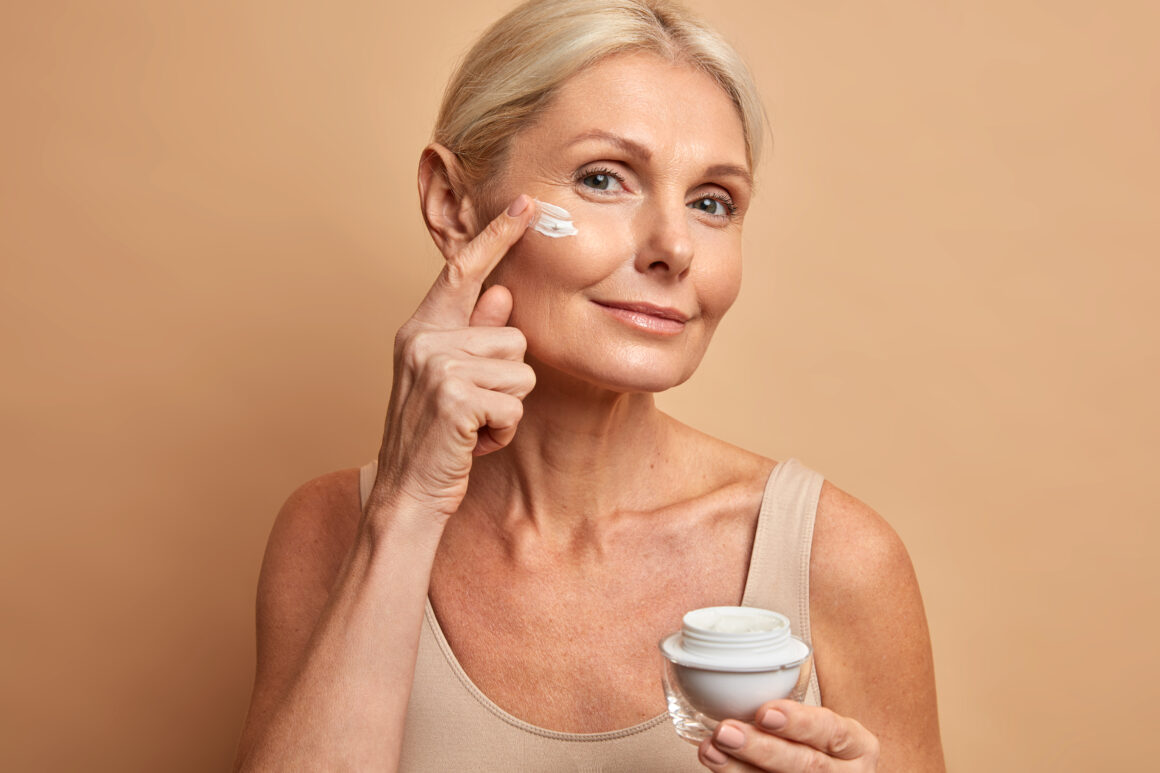
Retinol creams have long held a top spot in the world of anti-aging skincare, and for good reason. Retinol, a derivative of vitamin A, is renowned for its ability to promote cell turnover and stimulate collagen production, leading to a reduction in the appearance of fine lines and wrinkles.
Retinol creams work by gently exfoliating the skin to reveal fresher, more youthful skin beneath. Over time, consistent use of retinol can significantly improve the skin’s texture and tone, making this classic treatment a must-have in any anti-aging skincare regimen.
Technology At Its Finest: Laser Skin Resurfacing
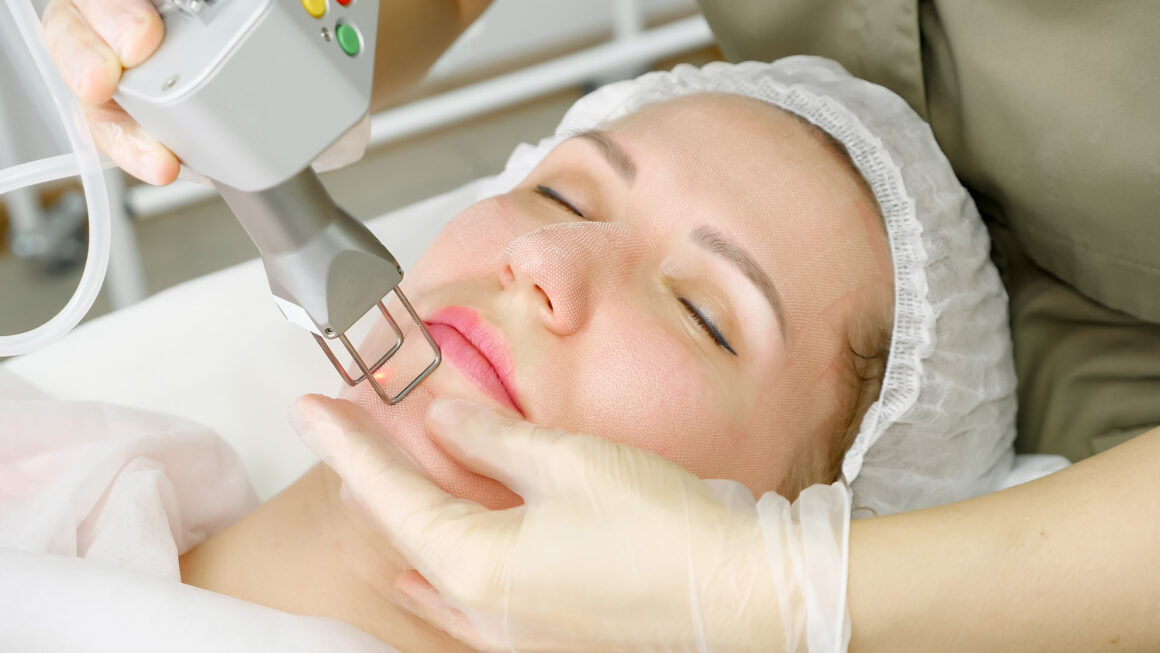
The realm of skincare has always been one to embrace innovation, and laser skin resurfacing is a testament to this. This popular treatment uses laser technology to remove damaged skin layer by layer, revealing the fresh, healthy skin beneath.
During the healing process, the body naturally stimulates the growth of new skin cells, resulting in a smoother and younger-looking complexion. In addition to its anti-aging benefits, laser skin resurfacing can also address a variety of skin concerns, including acne scars, sun damage, and hyperpigmentation, making it a versatile treatment for maintaining youthful skin.
Back to Basics: Hyaluronic Acid Injections
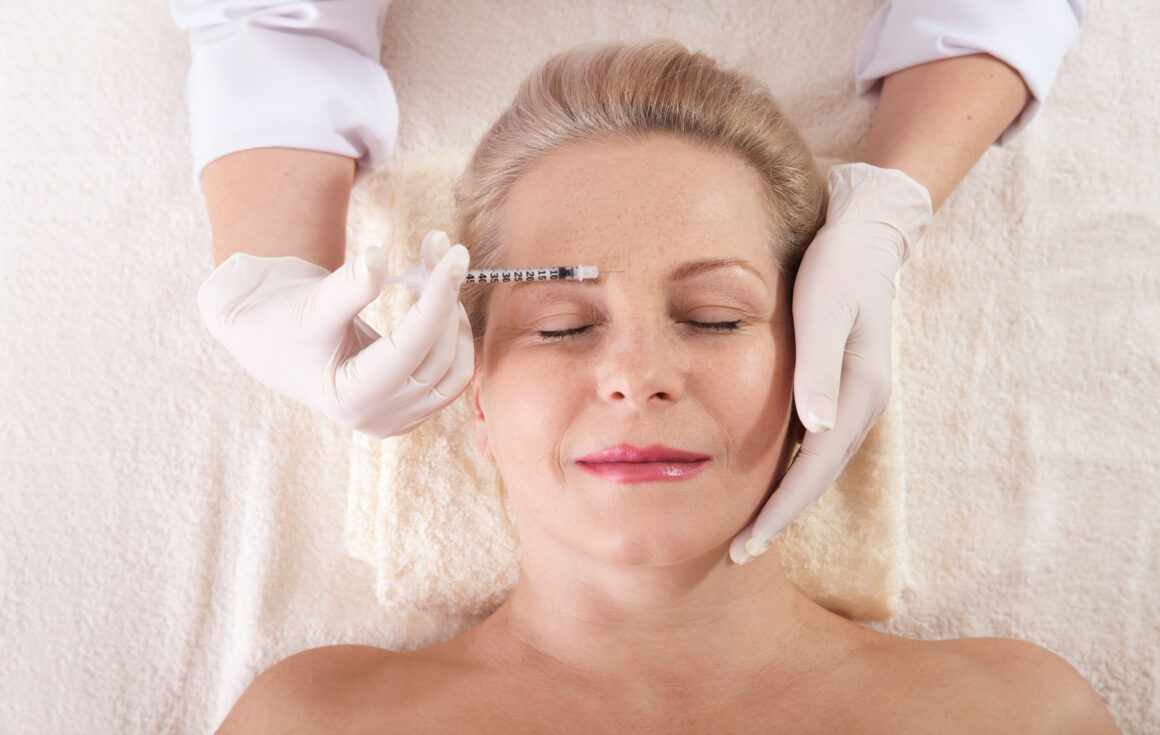
Sometimes, the best solutions are the simplest ones. Hyaluronic acid is a naturally occurring substance in the body that helps keep the skin hydrated and plump. However, as we age, our body’s production of hyaluronic acid decreases, leading to volume loss and the formation of wrinkles and fine lines.
Hyaluronic acid injections, also known as dermal fillers, offer a simple solution to this problem. By injecting hyaluronic acid into the skin, these treatments restore lost volume to the face and reduce the appearance of deep wrinkles and fine lines, particularly around the nose and mouth.
The New Kid on the Block: Microneedling
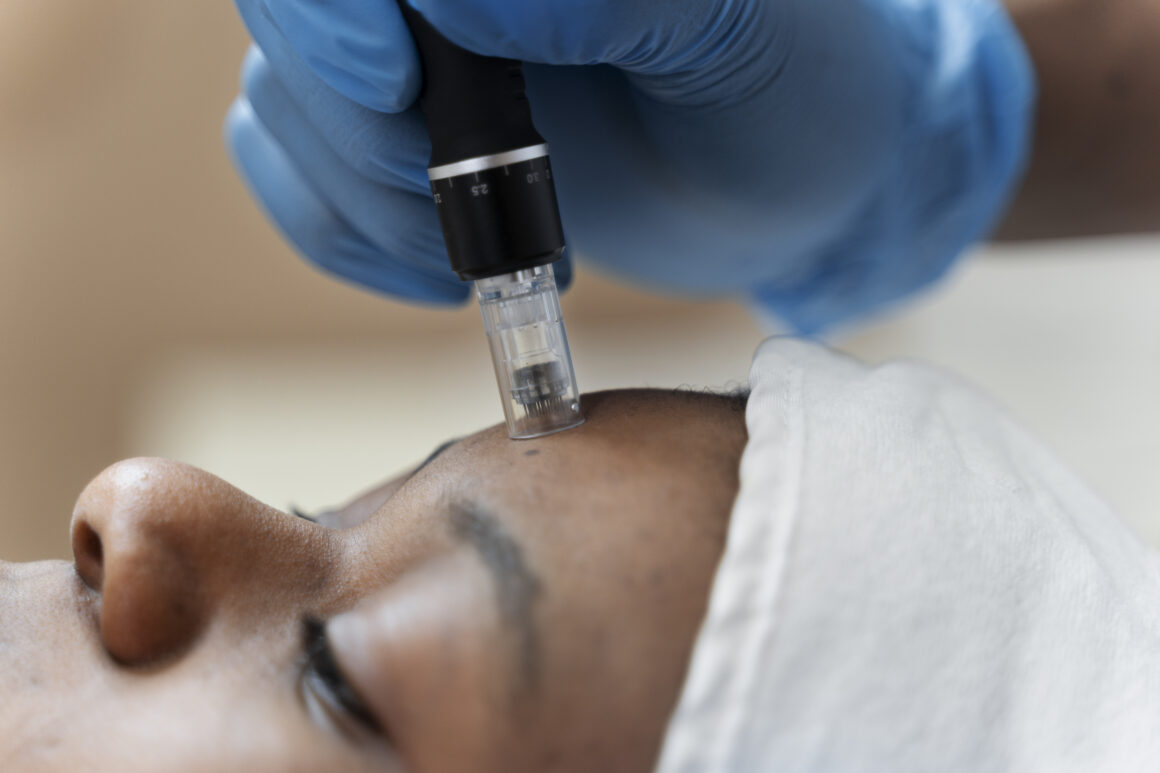
Microneedling is a relatively recent addition to the roster of anti-aging treatments, but it’s quickly gained popularity due to its effectiveness and minimal downtime. The procedure involves using a device equipped with tiny, sterile needles to create micro-injuries in the skin.
While this might sound counterintuitive, these micro-injuries trigger the skin’s natural healing response, boosting the production of collagen and elastin – the proteins responsible for keeping our skin firm and supple. This process improves skin texture, reduces the appearance of scars, and minimizes wrinkles, making microneedling a promising treatment for those looking to turn back the clock.
The Trusty Old Guard: Chemical Peels
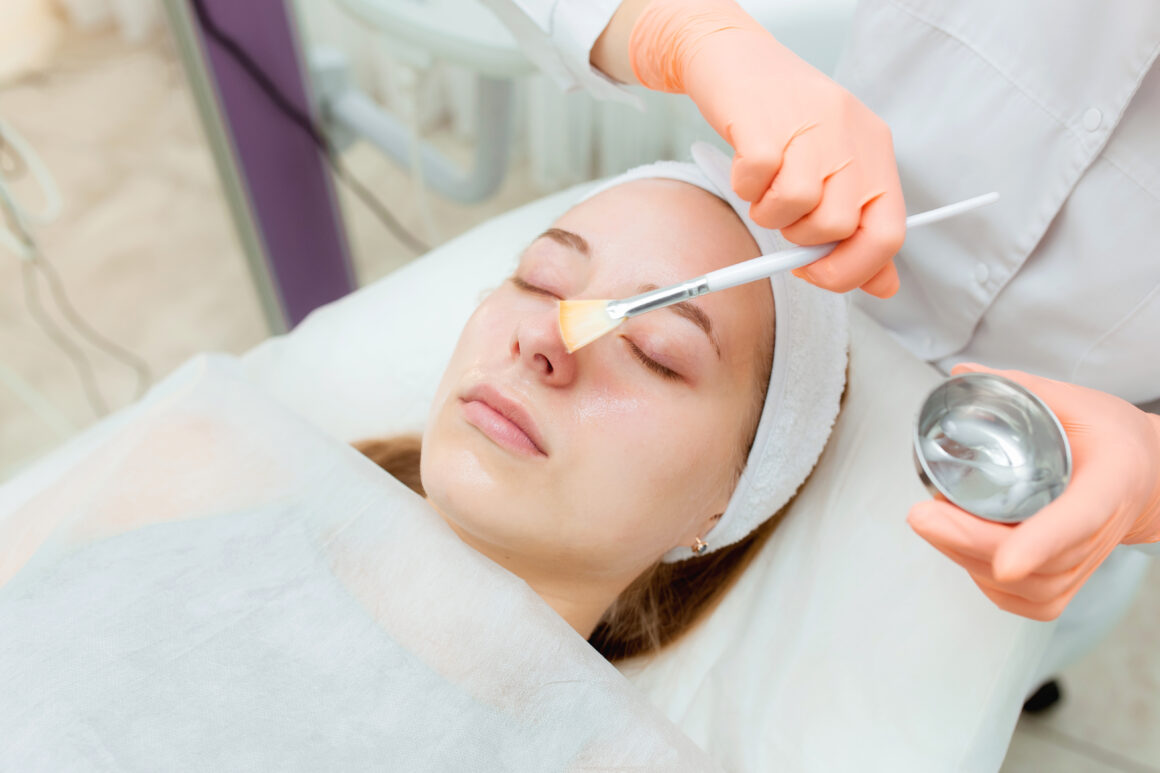
Chemical peels have been around for decades, but they remain one of the most effective treatments for combating signs of aging. These treatments involve applying a chemical solution to the skin, which exfoliates the outer layers.
Once the treated skin peels off, the fresh, new skin beneath is revealed, resulting in a smoother and more youthful appearance. Depending on the intensity of the peel, chemical peels can treat a range of skin issues, including wrinkles, age spots, and uneven skin tone.
The Silent Protector: Sunscreen
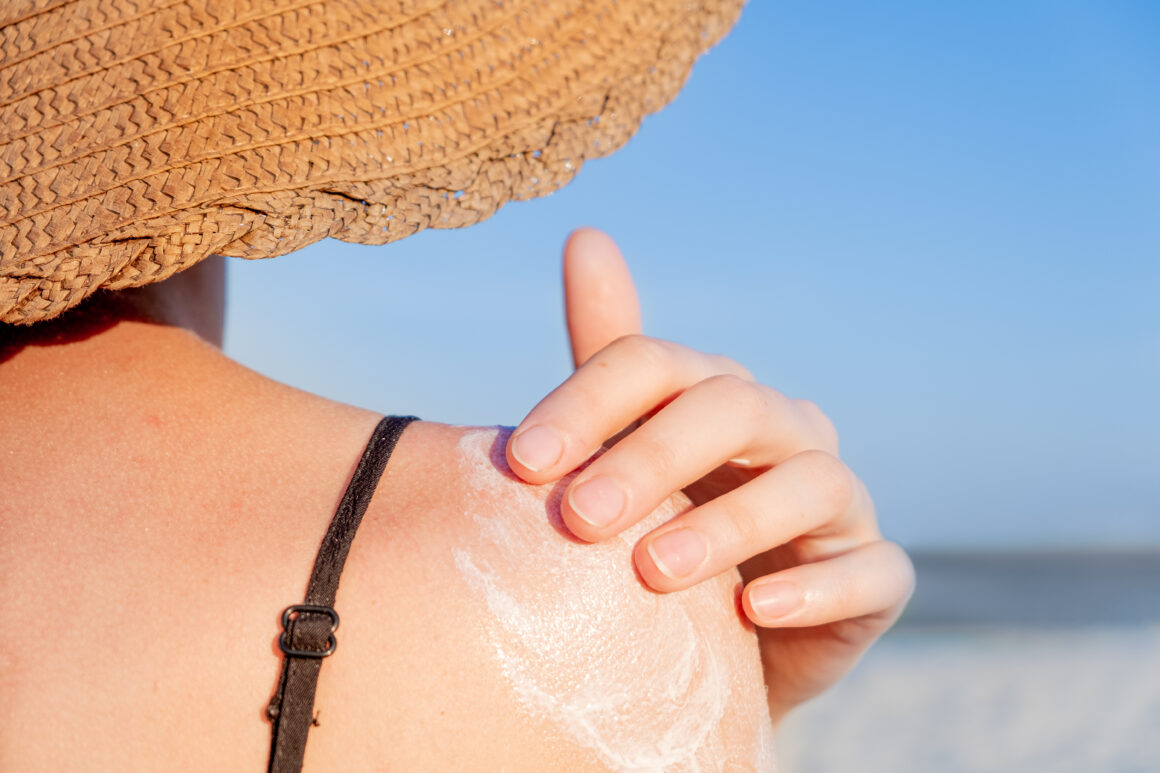
While not technically a treatment, sunscreen is undoubtedly one of the most effective anti-aging products out there. Protecting your skin from the sun’s harmful UV rays not only prevents skin cancer but also significantly delays signs of aging.
Prolonged exposure to UV radiation accelerates the breakdown of collagen and elastin in the skin, leading to premature aging in the form of wrinkles and sun spots. Regular use of a broad-spectrum sunscreen with an SPF of at least 30 can effectively shield your skin from sun damage, keeping it healthy and youthful for longer.
The Future of Anti-Aging: Stem Cell Therapy
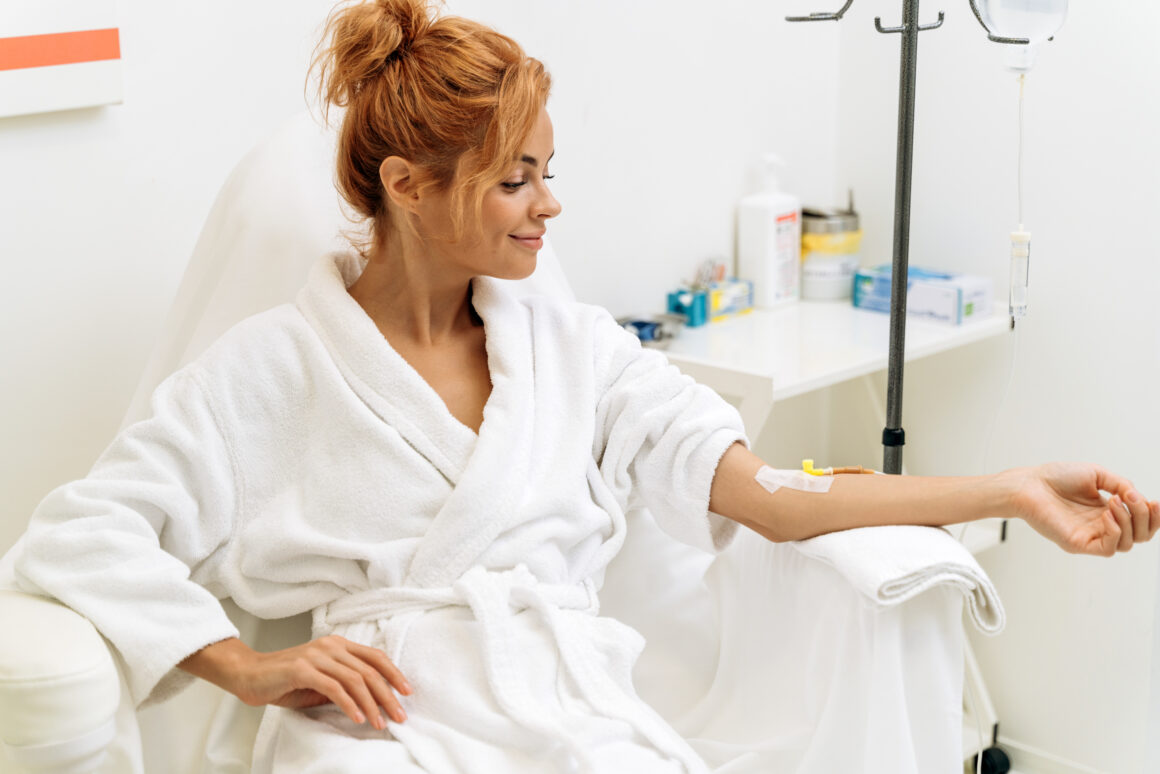
One of the most exciting and innovative anti-aging treatments in 2023 is stem cell therapy. Stem cells are undifferentiated cells that have the potential to become any type of cell in the body. They also have the ability to self-renew and repair damaged tissues, making them ideal for regenerative medicine.
Stem cell therapy involves harvesting stem cells from the patient’s own body, such as from fat or bone marrow, and injecting them into the areas of concern, such as the face, neck, or hands. The stem cells then stimulate the production of new collagen and elastin, as well as other growth factors, to rejuvenate the skin and restore its youthful appearance.
Stem cell therapy is still a relatively new and experimental treatment, but it has shown promising results in clinical trials and case studies. It is also considered a safe and natural treatment, as it uses the patient’s own cells and does not involve any foreign substances or chemicals.
The Trendy Alternative: Shockwave Therapy
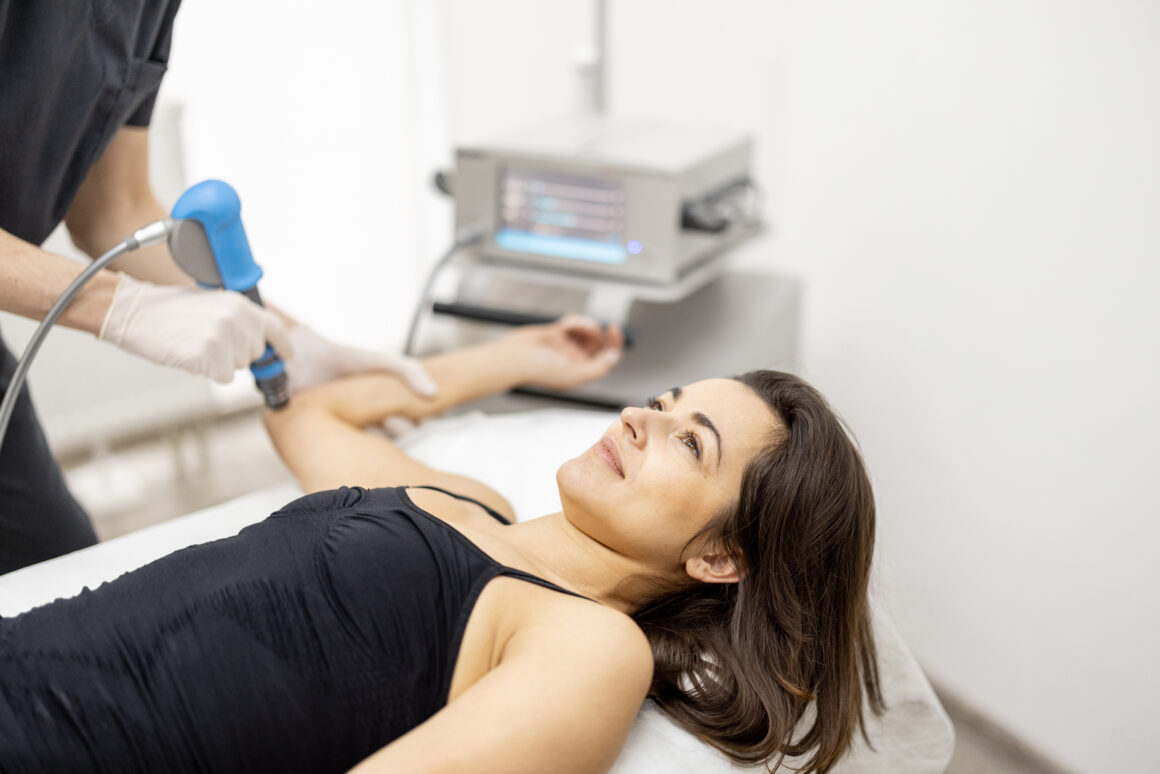
Shockwave therapy is another novel anti-aging treatment that has gained popularity in recent years. It uses acoustic waves to stimulate blood flow and tissue regeneration in the skin, improving its elasticity and firmness.
Shockwave therapy can be used to treat various signs of aging, such as sagging skin, wrinkles, cellulite, and stretch marks. It can also enhance the effects of other anti-aging treatments, such as dermal fillers or microneedling, by increasing their absorption and efficacy.
Shockwave therapy is a non-invasive and painless procedure that can be done in a few minutes. It requires no downtime and has minimal side effects, making it a convenient and safe option for those looking for a quick boost of youthfulness.
The Powerhouse Protein: Collagen
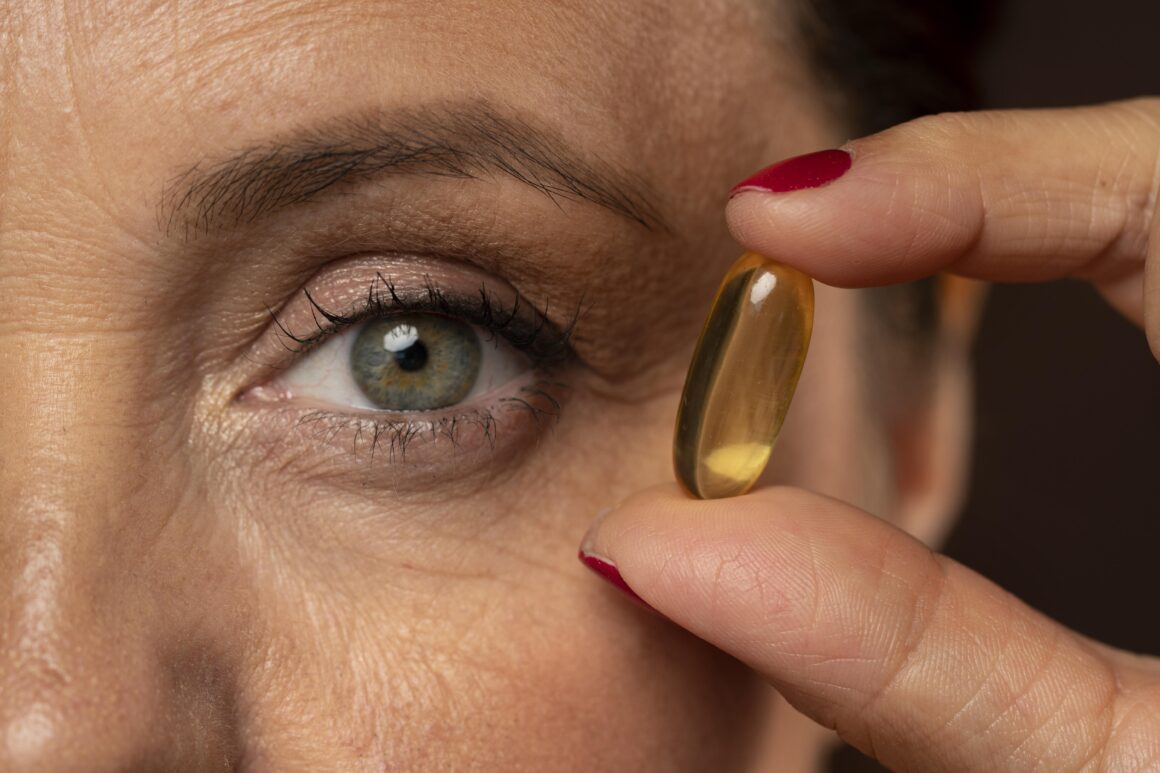
Collagen is a protein that makes up most of the skin and gives it elasticity and flexibility. As we age, our body’s production of collagen decreases, leading to loss of firmness, sagging, and wrinkles.
To combat this, many people turn to collagen products for anti-aging. These products claim to support your body’s collagen levels and keep your skin looking smooth and youthful.
Collagen products come in various forms, such as powders, bars, chocolates, chews, liquids, capsules, creams, and serums. Some of them contain pure collagen, while others contain additional ingredients that may enhance its effects, such as vitamin C, biotin, resveratrol, ceramide, and hyaluronic acid.
Collagen products can be applied topically or taken orally. Topical products aim to moisturize and plump the skin’s surface, while oral products aim to stimulate the body’s own collagen synthesis.
However, not all collagen products are equally effective or safe. Some factors to consider when choosing a collagen product include:
- The source of collagen: Collagen can be derived from animal or plant sources. Animal sources include bovine (cow), porcine pig, or marine fish collagen. Plant sources include synthetic or cultured collagen. Animal sources may have a higher risk of contamination or allergic reactions, while plant sources may have lower bioavailability or compatibility with human skin.
- The type of collagen: There are at least 28 types of collagen in the body, but the most common ones found in supplements are type I, II, III, V, and X. Type I is the most abundant in the skin and is believed to be the most beneficial for anti-aging. Type II is mainly found in cartilage and joints and may help with arthritis. Type III is often found with type I and supports skin elasticity and hydration. Type V is involved in hair growth and placenta formation. Type X is associated with bone formation and healing.
- The form of collagen: Collagen can be hydrolyzed or non-hydrolyzed. Hydrolyzed collagen is broken down into smaller molecules called peptides, which are easier for the body to absorb and use. Non-hydrolyzed collagen is intact and may have a lower absorption rate.
- The dosage of collagen: The optimal dosage of collagen for anti-aging is not clear, but some studies suggest that taking 2.5–10 grams per day may have beneficial effects on skin health and appearance ( 7 , 8 , 9 ). However, more research is needed to determine the long-term safety and efficacy of collagen supplementation.
Some of the best collagen products for anti-aging based on these criteria include:
- Vital Proteins Beauty Collagen: This product contains hydrolyzed bovine collagen peptides with added hyaluronic acid and probiotics for skin hydration and gut health. It also has natural fruit flavors and sweeteners for a delicious taste.
- Care/of Collagen: This product contains hydrolyzed bovine collagen peptides with added vitamin C for enhanced collagen synthesis. It also has a vegan option made from cultured yeast cells that produce human-like collagen.
- Garden of Life Grass-Fed Collagen Beauty: This product contains hydrolyzed bovine collagen peptides with added biotin and silica for hair, skin, and nail health. It also has organic fruit extracts for natural flavor and antioxidants.
- Thorne Collagen Plus: This product contains hydrolyzed marine collagen peptides with added resveratrol and ceramide for skin protection and hydration. It also has vitamin C for enhanced collagen synthesis.
- Klean Collagen+C: This product contains hydrolyzed marine collagen peptides with added vitamin C for enhanced collagen synthesis. It also has natural orange flavor for a refreshing taste.
Collagen is a powerful protein that can help improve your skin’s health and appearance. However, not all collagen products are created equal, and you should always consult with your doctor before taking any supplements.
The Holistic Approach: Anti-Aging Supplements
While topical and injectable treatments can do wonders for your skin, they are not enough to combat aging from within. That’s where anti-aging supplements come in. These are oral products that contain various ingredients that can support your body’s natural anti-aging processes.
Some of the most common anti-aging supplements include antioxidants, such as vitamin C, vitamin E, resveratrol, and curcumin; collagen boosters, such as biotin, hyaluronic acid, and silica; anti-inflammatory agents, such as omega-3 fatty acids, turmeric, and ginger; and hormone balancers, such as melatonin, DHEA, and ashwagandha.
Anti-aging supplements can help improve your skin’s health and appearance by protecting it from oxidative stress, enhancing its hydration and elasticity, reducing inflammation, and regulating your circadian rhythm. They can also benefit your overall health by boosting your immune system, improving your cognitive function, and preventing chronic diseases.
However, not all anti-aging supplements are created equal. Some may contain low-quality or harmful ingredients that can do more harm than good. Before taking any supplement, always consult with your doctor and do your research on the product’s safety and effectiveness.
While these treatments can offer impressive results, it’s important to remember that everyone’s skin is different. What works for one person may not work for another. Before embarking on any new skincare treatment, always consult with a dermatologist or skincare professional.
Beyond treatments, maintaining a healthy lifestyle that includes a balanced diet, regular exercise, adequate sleep, and stress management can also do wonders for your skin.
Looking youthful is not just about erasing lines and wrinkles; it’s about feeling confident in your skin. Embrace the aging process while making the most of the incredible anti-aging treatments available in 2023. Whether you’re looking to preserve your skin’s natural youth or turn back the clock, there’s a treatment out there for you.
- Curcumin: This is the main active compound in turmeric, a spice with powerful antioxidant and anti-inflammatory properties. Curcumin may help delay cellular aging, protect against oxidative stress, and improve skin elasticity and hydration.
- Resveratrol: This is a polyphenol found in grapes, berries, peanuts, and red wine. Resveratrol may activate genes that promote longevity, protect against cellular damage, and improve blood flow to the skin.
- Coenzyme Q10 (CoQ10): This is a compound that helps produce energy in your cells and acts as an antioxidant. CoQ10 levels decline with age, which may affect your skin health and appearance. Supplementing with CoQ10 may help reduce wrinkles, improve skin texture, and protect against sun damage.
- Vitamin E: This is a fat-soluble vitamin that has antioxidant and anti-inflammatory effects. Vitamin E may help prevent or reduce signs of skin aging, such as dryness, sagging, and wrinkles. It may also protect your skin from UV damage and environmental pollutants.
- Vitamin D: This is another fat-soluble vitamin that plays a role in skin health and immunity. Vitamin D deficiency is common among older adults and may contribute to skin aging and disease. Supplementing with vitamin D may help improve skin hydration, elasticity, and wound healing.
- Vitamin K: This is a fat-soluble vitamin that is involved in blood clotting and bone metabolism. Vitamin K may also have benefits for your skin, such as reducing dark circles under your eyes, improving skin elasticity, and preventing wrinkles.
- Collagen: This is a protein that makes up most of your skin and gives it structure and firmness. Collagen production declines with age, leading to loss of volume and elasticity in your skin. Taking collagen supplements may help boost your skin’s collagen levels and improve its appearance and health.
These are some of the best anti-aging supplements that you may want to consider. However, before taking any supplements, always consult with your doctor to make sure they are safe and suitable for you.
Final Thoughts
While these treatments can offer impressive results, it’s important to remember that everyone’s skin is different. What works for one person may not work for another. Before embarking on any new skincare treatment, always consult with a dermatologist or skincare professional.
Beyond treatments, maintaining a healthy lifestyle that includes a balanced diet, regular exercise, adequate sleep, and stress management can also do wonders for your skin.
Looking youthful is not just about erasing lines and wrinkles; it’s about feeling confident in your skin. Embrace the aging process while making the most of the incredible anti-aging treatments available in 2023. Whether you’re looking to preserve your skin’s natural youth or turn back the clock, there’s a treatment out there for you.



